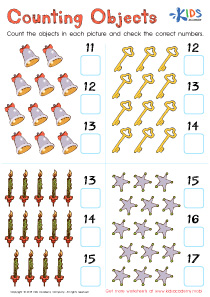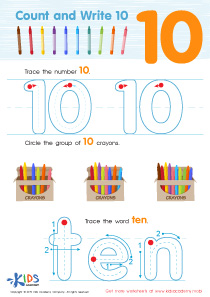Basic Math Skills Normal Numbers 0–10 Worksheets for Ages 4-6
6 filtered results
-
From - To
Discover engaging "Basic Math Skills Normal Numbers 0–10" worksheets designed for children ages 4-6! These thoughtfully crafted resources help young learners master essential number skills through fun and interactive activities. Each worksheet focuses on recognizing, counting, and writing numbers from 0 to 10, laying a solid foundation for future math success. Colorful illustrations and playful themes keep children motivated and eager to practice. Perfect for home or classroom use, these worksheets foster essential skills in a friendly and enjoyable way. Elevate your child’s math skills today and watch them thrive in their educational journey!
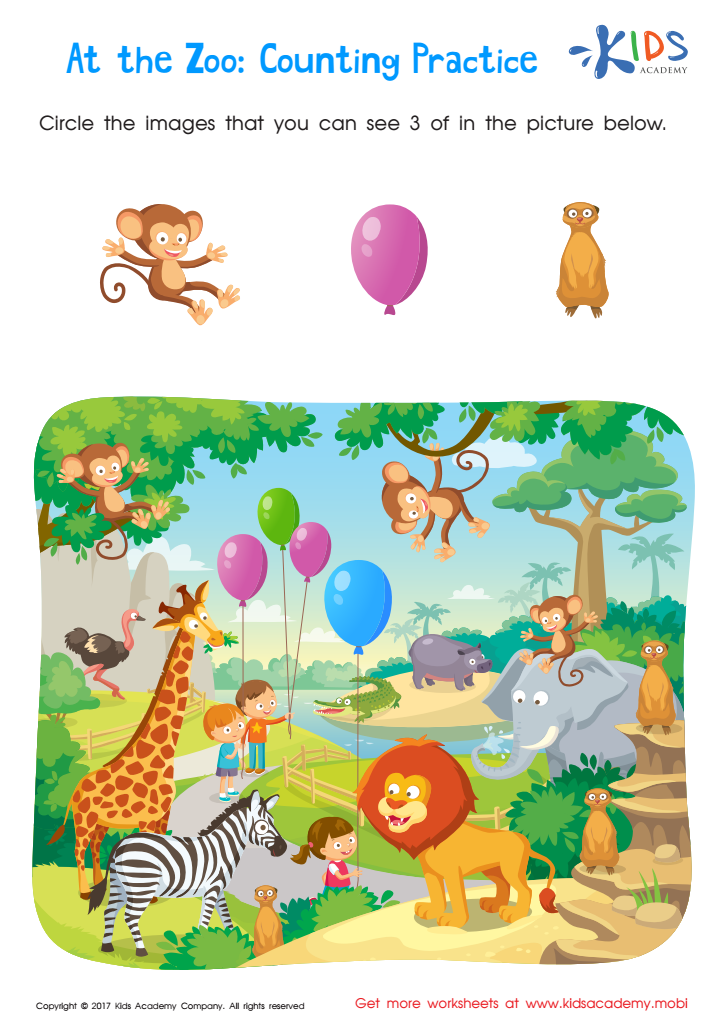

At the Zoo: Counting Practice Worksheet
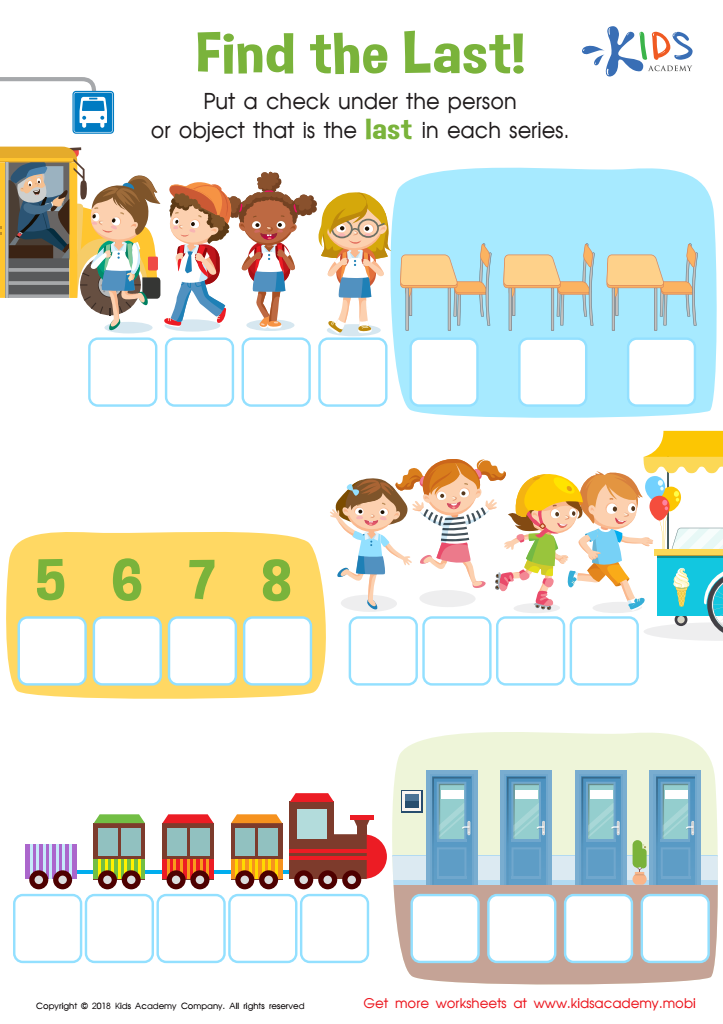

Find the Last! Worksheet
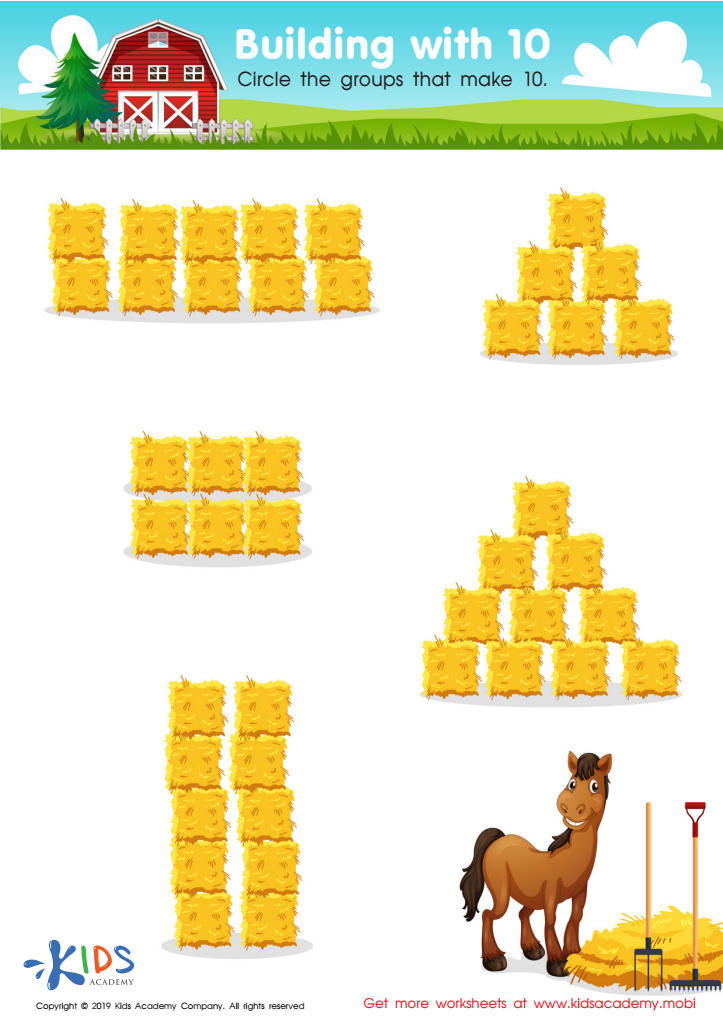

Building with 10 Worksheet
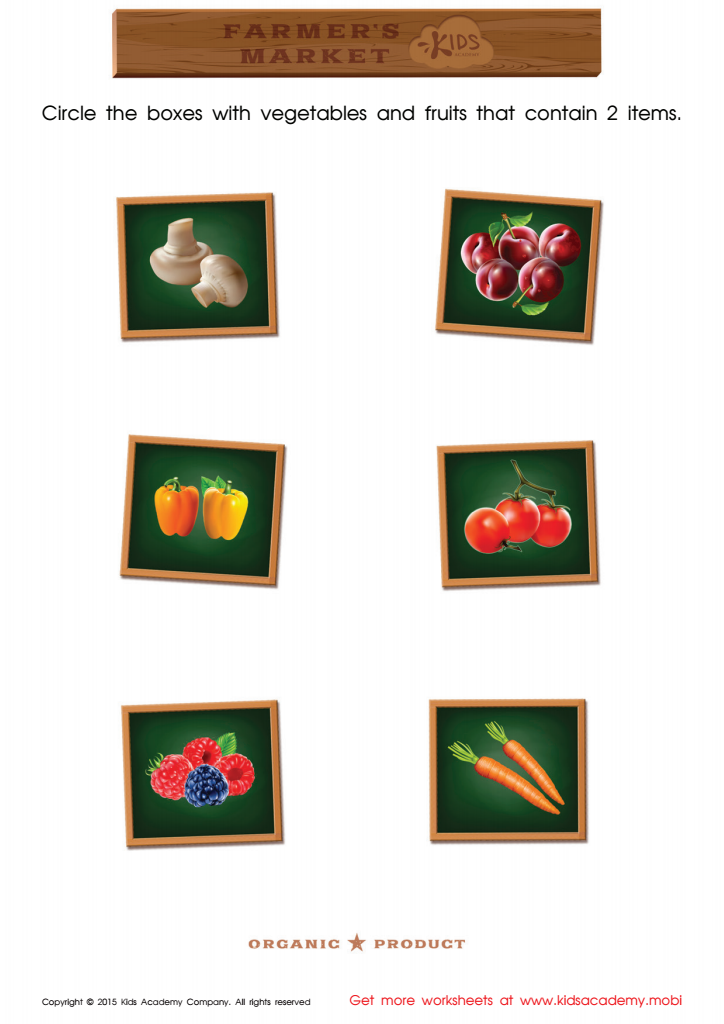

Count and Match Vegetables and Points Math Worksheet
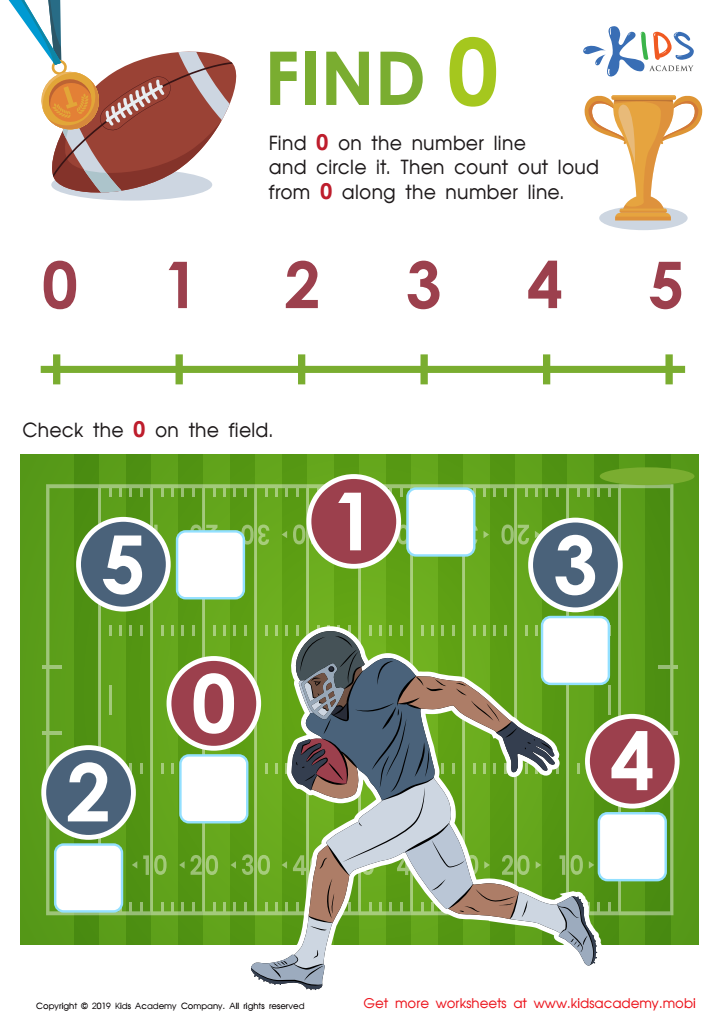

Find 0 Worksheet
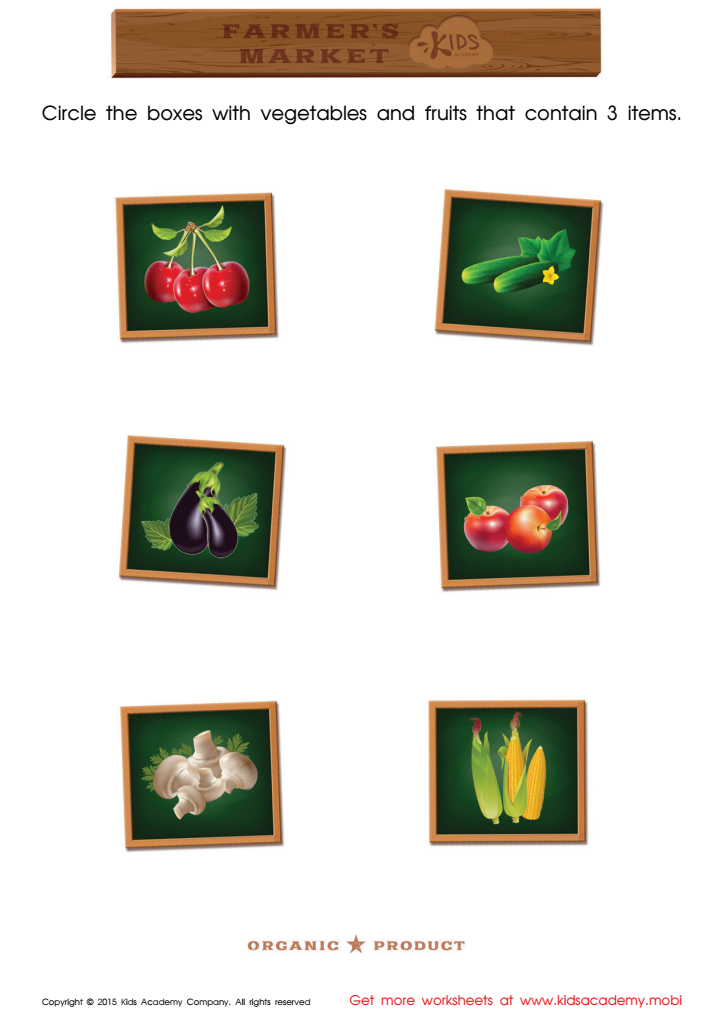

Count and Match Vegetables 1 – 5 Math Worksheet
Parents and teachers should prioritize basic math skills in normal numbers 0-10 for children aged 4-6 for several crucial reasons. Firstly, early math skills establish a foundation for future academic success. Mastery of numbers within this range fosters essential counting abilities and number recognition, which are fundamental prerequisites for more complex mathematical concepts later on.
Furthermore, understanding basic math promotes cognitive development by encouraging critical thinking and problem-solving skills. Engaging with numbers helps children develop spatial awareness and improves their reasoning abilities. Learning these foundational skills also cultivates a sense of confidence and competence in young learners, making them more eager to explore and embrace the world of mathematics as they progress.
Additionally, early math includes enjoyable activities like counting objects, playing number games, and incorporating songs, which can make learning fun and interactive. This not only fosters a positive attitude towards math but also strengthens parent-child or teacher-student relationships through shared learning experiences. Moreover, basic math skills are vital for everyday life, as they allow children to navigate daily situations, fostering independence in tasks like sharing snacks or understanding time. Consequently, nurturing these skills ensures a child's readiness to engage with the world around them effectively.
 Assign to My Students
Assign to My Students












